While defending the sweeping trade tariffs imposed by US President Donald Trump, top officials in the White House told the US federal court that Trump tariffs helped broker a "fragile ceasefire" between India and Pakistan. In a statement to the US Court of International Trade, White House officials argued that limiting the executive power of the President of the United States (POTUS) would jeopardise regional security.
It is pertinent to note that India has maintained that New Delhi and Islamabad came to an understanding of a ceasefire only through bilateral means, acknowledging that the US delegations held talks with both nations and nothing more than that. In their argument, Trump’s top aides said that blocking the trade tariffs would weaken Washington’s ability to negotiate trade deals globally and undermine their strategic use as diplomatic tools.
According to The Independent, trade representative Jamieson Greer, Commerce Secretary Howard Lutnick, Treasury Secretary Scott Bessent, and Secretary of State Marco Rubio submitted statements to the court in support of the Trump tariffs last week. All of them argued that Trump imposed the tariffs under the 1977 International Emergency Economic Powers Act.
The US once again takes credit for the India-Pakistan ceasefire
The Trump officials were presenting these arguments in response to a lawsuit filed by small businesses, claiming losses from Trump’s trade policies. In his statement to the court, Lutnick claimed that Trump tariffs helped the US mediate the conflict between India and Pakistan following four days of military escalation earlier this month.
“A ruling that narrows IEEPA would have ripple effects across every domain in which economic instruments are used for strategic effect,” Lutnick said in his statement as per the Friday court filing. “This ceasefire was only achieved after President Trump interceded and offered both nations trading access with the United States to avert a full-scale war."
Quick Reads
View All“An adverse ruling that constrains presidential power in this case could lead India and Pakistan to question the validity of President Trump’s offer, threatening the security of an entire region and the lives of millions," he added.
While Pakistan has acknowledged the US’s role in mediating a ceasefire, Indian External Affairs Minister Dr S Jaishankar has maintained that both nations came to an understanding of a truce only after direct talks initiated by the Pakistani army. India has firmly rejected any form of international mediation.
Tensions between the two nuclear-powered nations reached an all-time high following the Pahalgam terror attack that led to the deaths of 26 tourists in Kashmir. Two weeks after the attack, India launched Operation Sindoor, conducting precise strikes over nine terror camps in Pakistan. This eventually led to further military escalations between the two neighbouring nations.
The China question
In his statement, the commerce secretary also claimed that the Trump tariffs eventually persuaded China to lower levies on US goods, marking a diplomatic win. “The increased tariff rate against China applied additional pressure to achieve the foreign policy objective of bringing China, the greatest contributor to the national emergency and a well-known strategic adversary, to the negotiating table,” he said.
He insisted that the invalidation of the president’s ability to use IEEPA would “dismantle a cornerstone of his national security architecture," Lutnick noted that the ruling would “irreparably harm the government’s ability to respond to evolving foreign threats” and severely disrupt the commerce department “coordination of foreign policy-related economic actions on behalf of the president”.
“The imposition of IEEPA tariffs signals to foreign governments that certain conduct, whether economic predation, trade manipulation, or narcotics trafficking, will incur serious consequences. Diluting this authority would not only unravel the current IEEPA actions but also would undermine future deterrence,” he averred. Lutnick closed his argument by stating that the Trump tariffs enabled the US to reach a trade deal with the UK and noted that similar deals are in the pipeline.
All in vain
Despite all these arguments, a federal court in New York blocked Trump from imposing sweeping tariffs on Wednesday. The ruling was delivered by a three-judge panel, arguing that the tariffs left the American economy in chaos.
“The Worldwide and Retaliatory Tariff Orders exceed any authority granted to the President by IEEPA to regulate importation using tariffs,” the court wrote, referring to the 1977 International Emergency Economic Powers Act.
“The court does not pass upon the wisdom or likely effectiveness of the president’s use of tariffs as leverage. That use is impermissible not because it is unwise or ineffective, but because [federal law] does not allow it,” a three-judge panel said in the decision. Following the judgment, reports are emerging that the Trump administration has filed a notice of appeal. Not only this, but White House officials also issued public statements challenging the court’s authority.


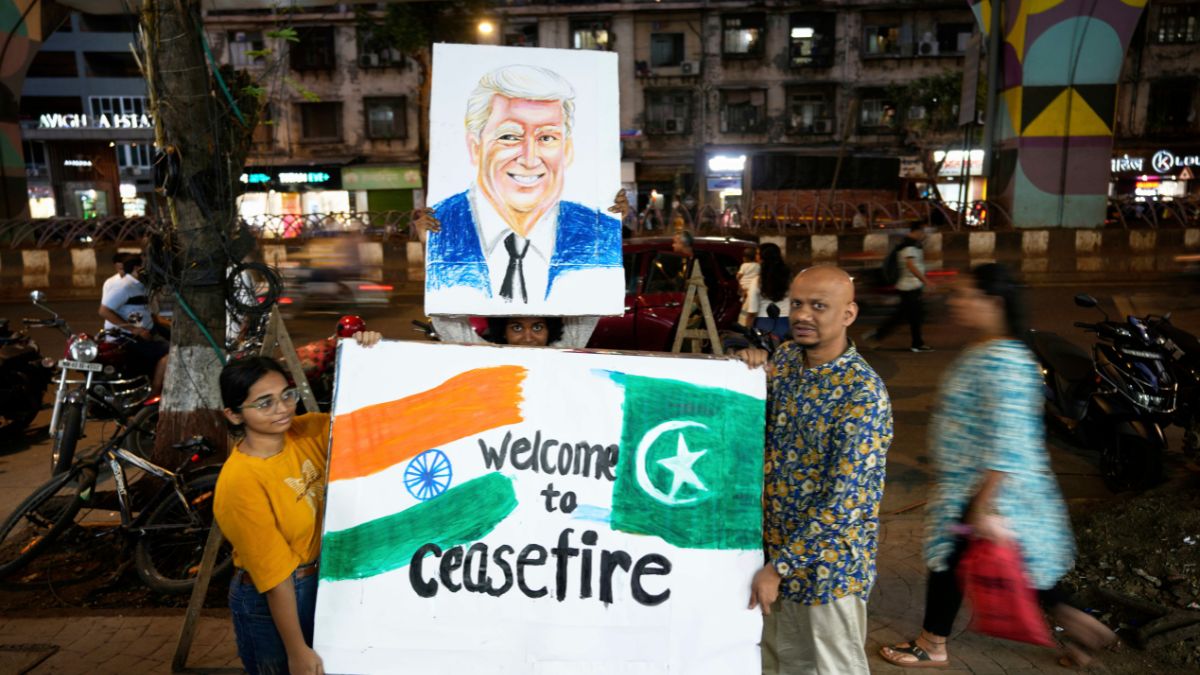)
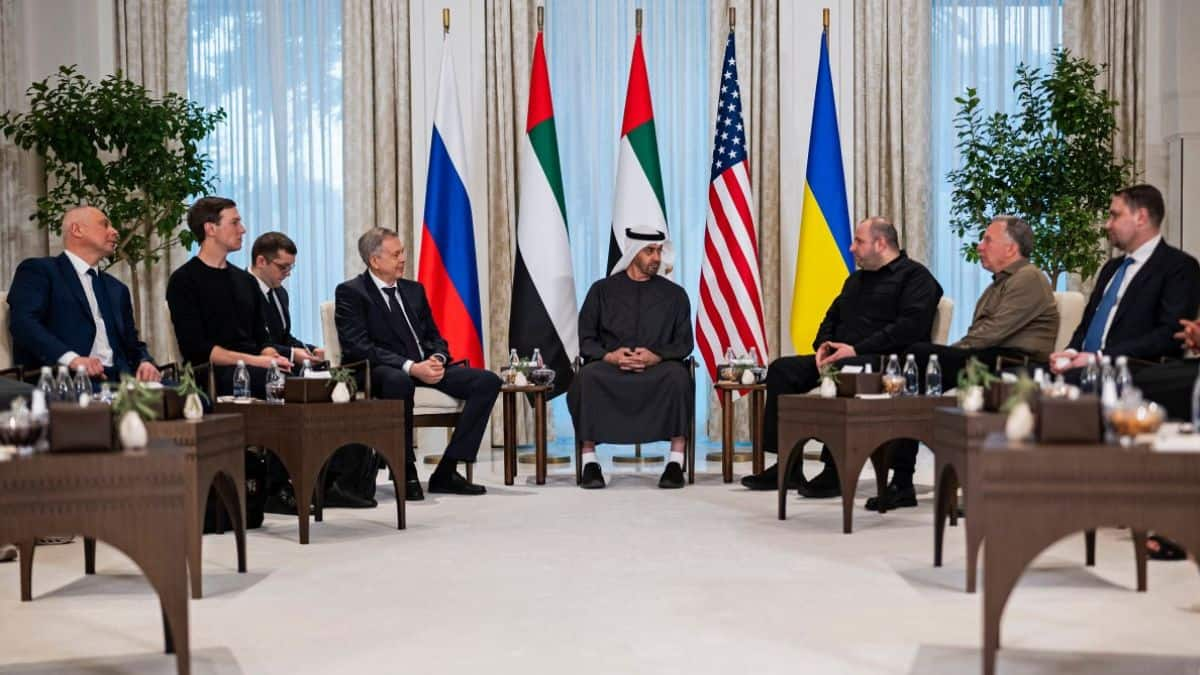
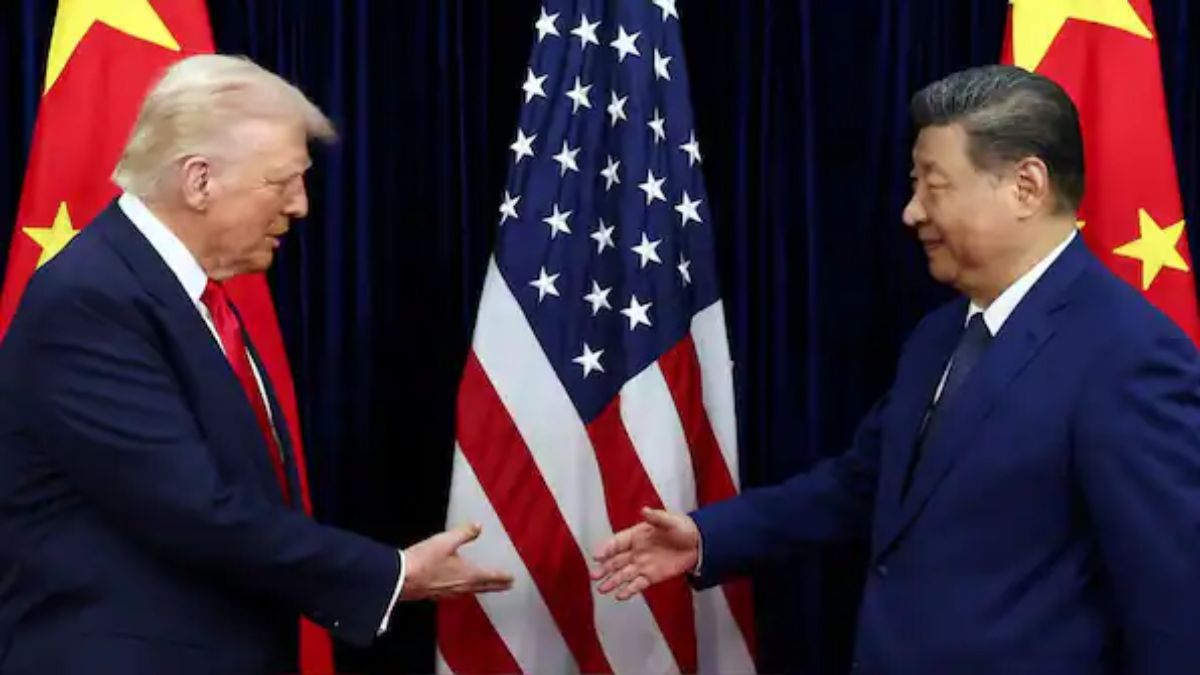)
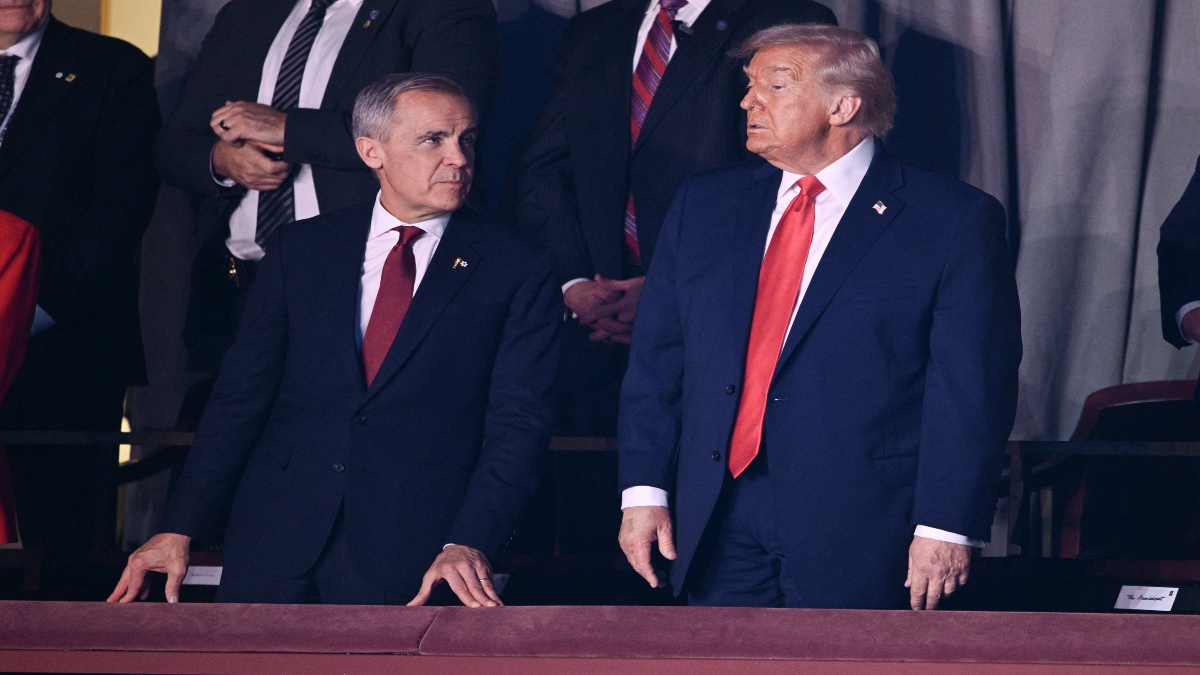)
)
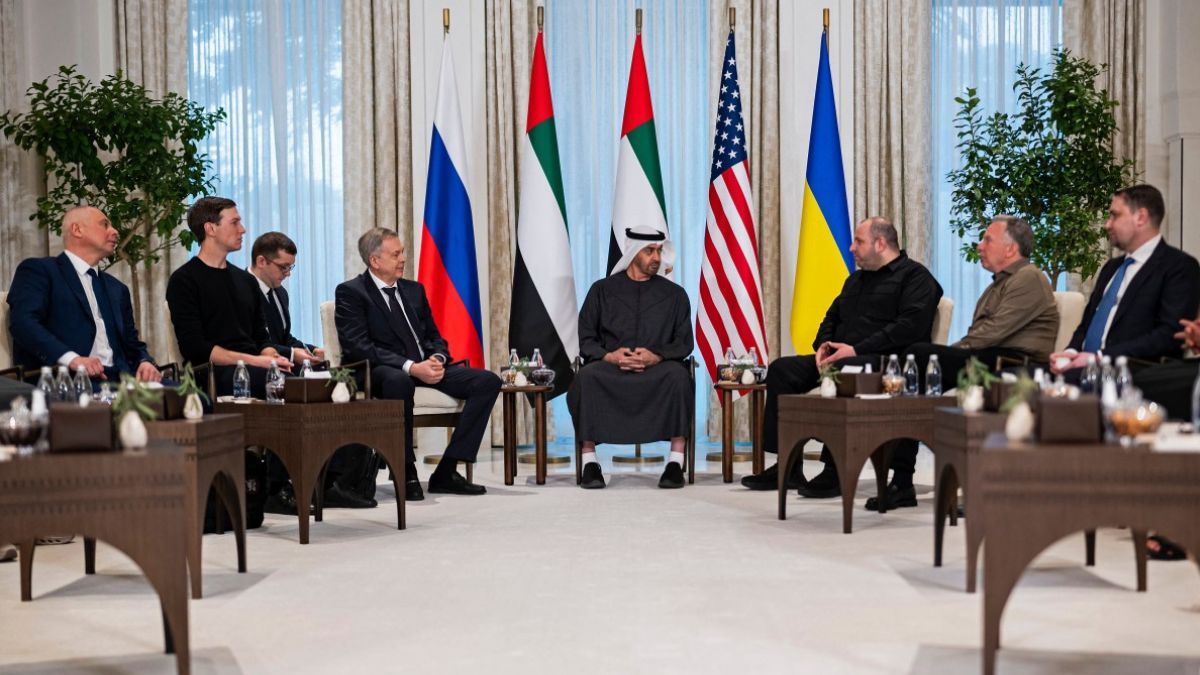)
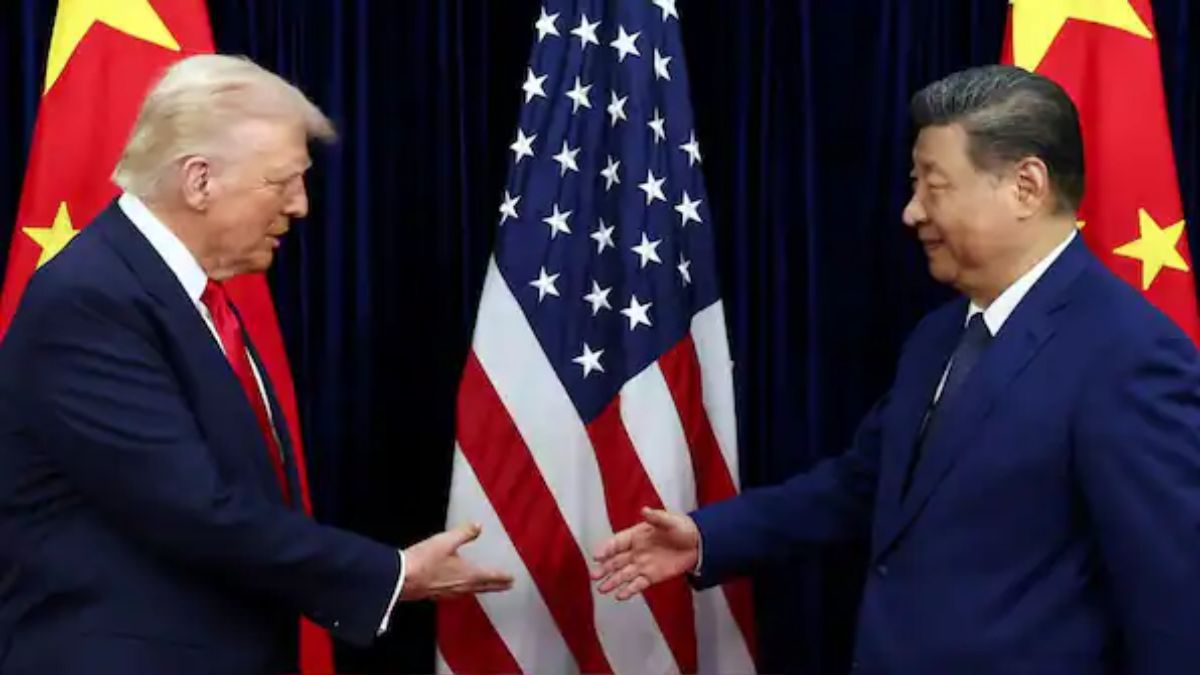)
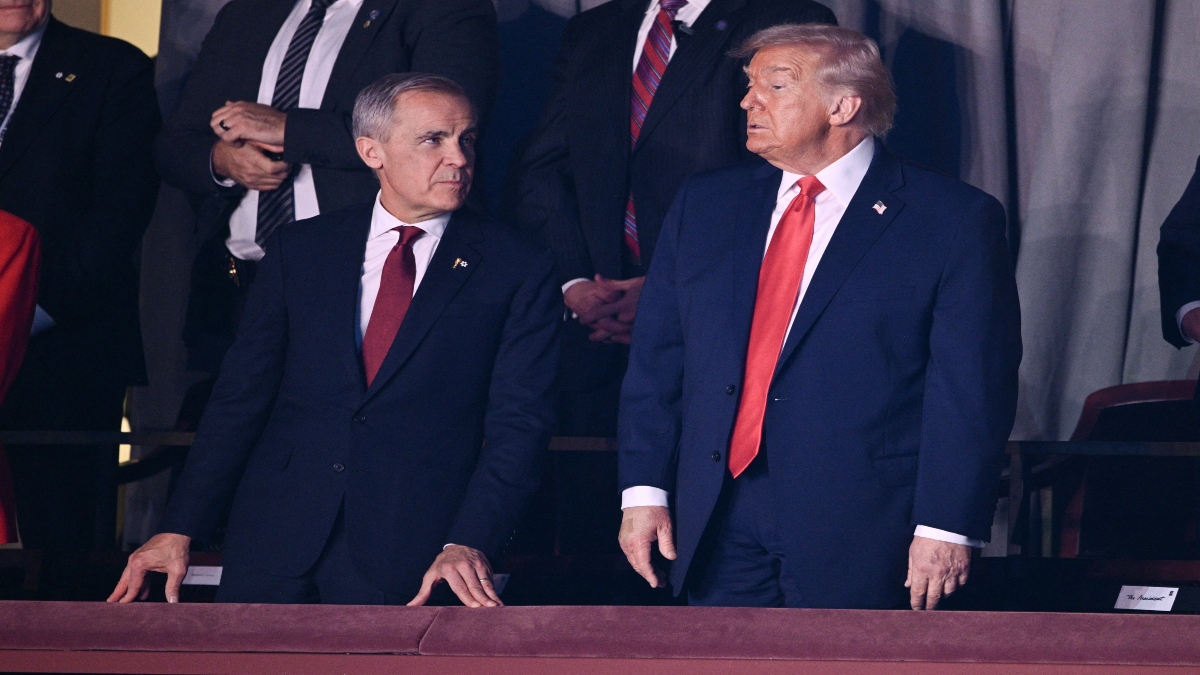)
)
)



